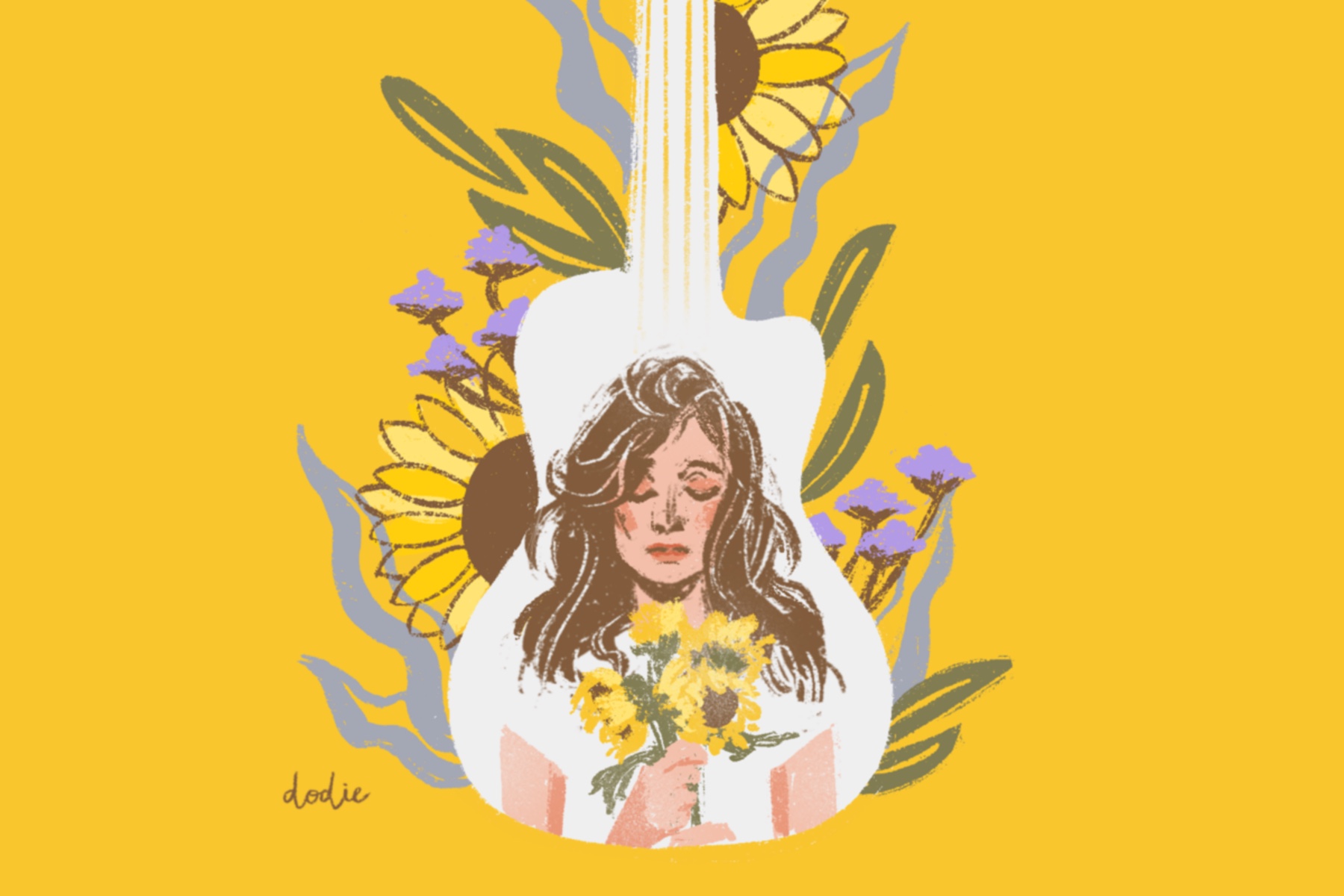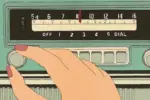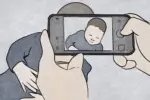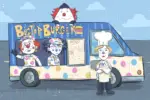Young British singer-songwriter Dorothy “Dodie” Clark first became known on her YouTube channel, doddleoddle. But, over the years, she’s added three EPs and a few singles to iTunes, the latest being “Guiltless” in early June. Her soft voice and fairly minimal instrumentation leaves little space between her heart and the music, lending her lyrics more weight. Her focus has continually been on authenticity, both in her personal life and as her fame grows, and the theme seeps into every song.
Her YouTube channel featured mostly covers at its creation in 2011, but, slowly, Dodie added original content until finally self-releasing her first EP, “Intertwined.” Despite being unsigned, the EP rose to no. 35 on the official U.K. album charts during its first week. Since then, Dodie’s fame has only risen, and her main YouTube channel now boasts 1.8 million subscribers. Many of her original songs are now on her three EPs, but her YouTube channel still features some exclusive content.
Dodie now has a second YouTube channel, doddlevloggle, that features more vlogging content. The second channel has risen to 913,000 subscribers since 2012. In her own words, Dodie sees her main account as her “portfolio content,” whereas this second channel is “more of a scrapbook/diary.” Fans who want to know more about how Dodie comes up with and writes her songs can switch between accounts to have a more holistic experience.
Songs on “Intertwined” range from carefree bops like “I Have a Hole In My Tooth (And My Dentist Is Shut)” all the way to heartfelt confessions like “When (live).” The “Editor’s Notes” on the EP pronounces her work “hugely emotive, minimalist pop,” highlighting the line she chooses to walk between the simple and the significant, and the spots where those lines meet.
A year after her first release, Dodie dropped the follow-up, “You,” an EP known for its “beautifully rendered confessional pop.” In the titular song, Dodie chronicles the complex heartbreak of saying goodbye to someone who felt so right, but wasn’t. Throughout the song, a prominent ukulele brings a sense of intimacy to the recording, as if Dodie were sitting in her living room rather than a recording studio. Rolling chords and an intersecting bassline give the song an upbeat tone, seemingly more suited to the joys of falling in love than the pain of falling out of it.
Juxtaposing the instrumentation, in the final verse, Dodie sings, “People will tell me that I messed up / And it wasn’t love / And I’m secretly hoping they are right.” A hallmark of Dodie’s music is not just being unafraid of vulnerability, but retaining her own sense of self throughout. In many songs, “6/10” being a prominent one among them, the lyrics suggest just that — that Dodie has lost her sense of self in the crowd. If that were the case, the songs would have that heavier tone associated with despair, and no hope would shine through.
In Dodie’s music, the authenticity of grief is paired with the hope of a new dawn, perhaps best shown in the song “Arms Unfolding,” which centers around a couple coming back together despite whatever once broke them apart. In the song, Dodie acknowledges pain and the damage that remains, but moves past it in forging a future.
In her song “Not What I Meant,” Dodie enlists the help of Lewis Watson in creating layered vocals. The soft but deeper shadow of her voice provided by Watson gives the song a haunting quality. Unlike other, more upbeat songs, “Not What I Meant” features prominent strings that drive the lyrics forward, perfectly in sync with the words, in which Dodie and Watson sing, “I’ll work a little harder and walk a little less” in an attempt to stay on track with society and, as she puts it, “be seen.”
Dodie collaborates a second time in the song “Human,” featuring Tom Walker. The song is urgent. “Human” depicts two people “sharing souls” and “unzipping skins.” Walker’s voice perfectly matches Dodie’s own in creating an aura of pure intimacy. “We’re just human,” says the song’s chorus, and this theme is the very thing permeating all of Dodie’s music and, according to the rest of her online presence, her ideology.
The authenticity doesn’t stop with her songs. On social media, Dodie presents herself as vulnerable and real with her fans, and her tweets and Instagram posts speak more to her as a person than her brand as an ad campaign. The “Editor’s Notes” for the EP “Human” explain that “part of her success has always stemmed from this kind of openness,” and it’s an openness she takes to every area of her online presence. In her own words, as taken from her Instagram bio, “I make music! But this is the place I post about my feelings/my outfits/rave about my friends.”
Dodie’s success is due to her skill, certainly, but also so much more. Her determination and resilience in living a life out loud appeals to a fanbase who, like her, wishes to escape the many demands of the 21st century. Millennials and Generation Z face a complex reality of often blindly-made choices, and in a world of technology connecting people and problems at the speed of light, those choices can create problems at astonishing rates.
As a result, entire generations are left feeling lost in a sea of what Dodie refers to as “thousands and thousands of eyes just like mine / aching to find who they are” in her song “Burned Out.” That song in particular originally stemmed from Dodie’s growing discomfort with her fame and the role it placed her in. In releasing it in her latest EP, Dodie declares to the world, once again, that she will remain open and authentic, and her courage remains as solid as ever.
If you’re intrigued by the above, you may have a chance to see Dodie live in concert later this year. After a few festivals in England this summer, Dodie heads to the United States for a longer tour of her EP “Human” starting in Washington, D.C. and going all the way to Hollywood.
















